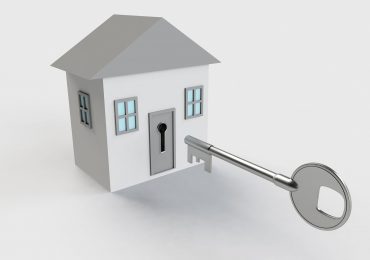Charles Schwab’s Liz Ann Sonders has made some very prescient calls on the economy and housing in recent years, and now she says that the much-maligned housing market may have finally hit bottom.
“It’s time for a fresh look at housing. My conviction level does not match that in 2006, but I do think the tide is turning for housing and that the bottom is largely in,” Sonders writes on Schwab’s web site. She says a myriad of factors, including significant recent upturns in both existing and pending home sales, a rebound in construction activity, big declines in housing supply, and record affordability all contribute to her take.
“When combining record-low mortgage rates with flattish income growth and lower prices, you have record-high affordability,” she says. “In fact, the burden of new mortgage debt has never been lower. … Record-low mortgage rates, an improving jobs picture, greater credit access and rising demand for apartments are all driving [housing] starts.”
Sonders says housing is also returning to its pre-bubble state, one in which housing performance is largely regional. “One of the key characteristics of housing going forward brings us back to one of its key characteristics historically, save for the bubble period: housing is becoming ‘local’ again,” she says. “During the real-estate bubble’s inflation and subsequent bursting, housing could be analyzed nationally and somewhat monolithically. The rising tide was lifting all (house) boats, and when the tide went out, it took everything with it. But what we’re beginning to see is a broadening of conditions, with a widening spread between the have and have-not regions of the country.”
Sonders also says that while renting has taken the lead over owning in the real estate market, that won’t last forever. “A longer-term story about rent versus own is that rising rents will eventually push would-be buyers to purchase homes — a process could begin sooner than many expect,” she writes.
There are still problems with the housing market, Sonders notes, saying that one is that real mortgage rates are still too high. But overall, she seems to be optimistic, saying she thinks we may see housing actually contribute positively to gross domestic product in 2012 for the first time since the mid-2000s.






